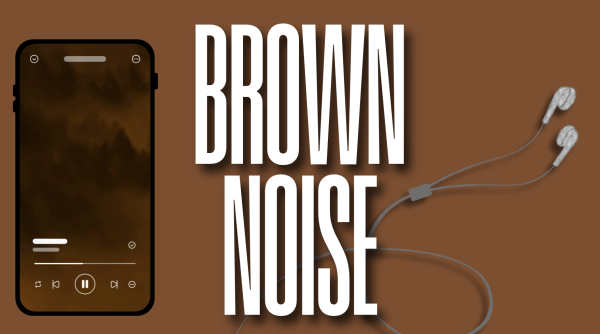Neon Trees are Forgettable in “I Can Feel You Forgetting Me”
Alternative rock band Neon Trees not only topped charts with their original trilogy of albums “Habits,” “Picture Show” and “Pop Psychology,” but they lit them up with a distinctive nostalgic sound reminiscent of ’80s pop-rock. However, with their first album in six years, it seems as if Neon Trees have lost their glow.
Neon Trees’ fourth outing, “I Can Feel You Forgetting Me,” lives up to the title quite well, as the album epitomizes one that listeners are going to want to forget. The 10-track album opens up with the deceptively promising “Nights,” which fashions a refreshing new wave sound sporting the ’80s guitar feel you would get in a nightclub. The sounds of the ’80s seems to be a recurring motif throughout the bulk of the album, with Neon Trees only executing this style well in a few songs. However, it works well here as frontman Tyler Glenn sings, “I can get by the days just fine but the nights / I sit alone and wonder why / They say that boys don’t cry.” Sonically, the song sounds like everything a Neon Trees fan would want to hear, as all the quintessential elements are present: fleeting young love falling apart, emotional distress and heartbreak. Yet, the lyrics seem out of place here. Tyler Glenn crafted a masterpiece in “Voices in the Halls” on the band’s third album, “Pop Psychology,” in which the song was blissful to listen to and the lyrics sent chills down the listener’s spine. However, in “Nights,” both the sound and lyrics would stand better alone than they do together, as the band fails to capture the pain of heartbreak with a sound that is far too upbeat to tell that story.
The lead single of the album, “Used to Like,” is radio-friendly, as were their prior songs “Everybody Talks,” “Sleeping with a Friend” and “Animal.” The song excels at telling a narrative about how frontman Tyler Glenn feels his romantic interest is losing interest in him, but listeners cannot help but feel as if he is trying to address them here instead. When he sings, “Get back to what you used to like about me,” it is as if Tyler knows that after the band’s magnum opus in “Pop Psychology” and a six year abscence, the band has a lot of expectations to live up to. Ultimately, the band does not even come close, as this song, along with the remainder of the tracks, sound too similar to one another. Almost every song follows the same ’80s guitar and pop theme as if it were formulaic. However, their predilection for a retro sound is not the issue — far from it. The band became a household name in the alternative rock genre by playing with retro sounds and creating something new from them. However, here everything sounds uninspired and recycled. It’s like the band approached the album by walking into a dark room and not knowing how to light a glow stick.
Arguably the only song that truly exudes that classic Neon Trees feel that fans craved during their hiatus is “Holy Ghost.” A true highlight of the album, the song packs enough retro, teenage romantic tension and genuine angst to distinguish it from the remainder of the almost homogenous songs on the tracklist. Singing, “Now I’m calling you my holy ghost / Disappearing when I need you most / And I let you overthink when we got too close,” the song is close to the craftsmanship of vintage Neon Trees that fans have become accustomed to. Not only is it an infectious tune, but there is a great deal of personal meaning here as Tyler has recently been vocal about how his sexuality conflicts with his Mormon faith. “Holy Ghost” is where the album is at its zenith, as it accomplishes everything Neon Trees wanted but ultimately failed to do; it maintained their uncompromised retro love while making for an anthem anyone can enjoy. This is where Neon Trees have carved out a niche for themselves as a band: making songs that on a superficial level seem like common teenage tropes, but somehow have enough meaning to make them sound and even feel distinct. The best part about this song is that everything fits and sounds unique. However, the album proceeds to take a nosedive so steep and fast that listeners may just get nauseous to see how their once favorite modern alternative band failed to keep their flame lit.
It is uncertain as to where the band plans to go from here, but this album certainly marks a fall for Neon Trees. Timber.













































































































































































































